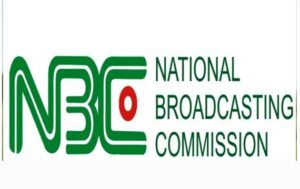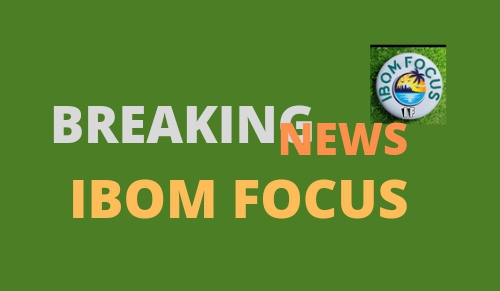Court Bars NBC From Imposing Sanctions, Withdrawing Licences Of Media Houses, Journalists

The Lagos Division of the Federal High Court has barred the National Broadcasting Commission (NBC) from sanctioning, harassing and fining broadcast stations and withdrawing their licences.
The Socio-Economic Rights and Accountability Project (SERAP) and Centre for Journalism Innovation and Development (CJID) secured the judgment, delivered by Justice Nicholas Oweibo, on June 13, 2024.
In a Certified True Copy of the judgment obtained by SERAP on Friday, Justice Oweibo ordered the broadcasting regulatory body to “stop using the NBC Act and the Nigeria Broadcasting Code to impose fines, threaten to impose sanctions, harass and intimidate the broadcast stations and other independent media houses in the country.”
The judge said the use of the code to sanction “independent media houses for an alleged infraction without recourse to the court constitutes an infringement on the provisions of sections 6[1] and [6][b] and 36[1] of the Nigerian Constitution 1999 and Articles 1 and 7 of the African Charter on Human and Peoples’ Rights and Article 9 of the International Covenant on Civil and Political Rights to which Nigeria is a state party.”
The court ruled that “NBC and its agents lack the legal power and authority to impose penalty unlawfully and unilaterally, including fines, suspension, withdrawal of license or any form of punishment whatsoever on independent media houses for promoting access to diverse information on issues of public importance.”
The suit was filed in response to the imposition of a N5 million fine by NBC on Trust TV, Multichoice Nigeria Limited, NTA-Startimes Limited and TelcCom Satellite Limited for airing a documentary by the British Broadcasting Corporation “BBC Africa Eye” titled “Bandits Warlords of Zamfara”, in 2022.
NBC fined the stations for airing documentaries on terrorism in Northern Nigeria, claiming that it glorified “the activities of bandits, undermine national security in Nigeria, and contravene the provisions of the Nigeria Broadcasting Code.”
However, Mr Oweibo ruled that the fine imposed on the media houses “is unlawful, inconsistent with, and amounts to a breach of the principles of legality, necessity, proportionality and therefore a violation of the rights to freedom of expression, access to information, and media freedom.”
The judge explained, “The issue of the locus standi of SERAP and CJID need to be resolved first as a threshold issue. It is trite that the Statement of Claim must disclose the Plaintiff’s interest sufficient to clothe him/her with the requisite capacity to sue.
“SERAP and CJID have been vested with locus standi. Looking at the provisions of the Fundamental Rights (Enforcement Procedure) Rules 2009 and particularly the preambles to the Rules, the general requirement of locus standi has been done away with. SERAP and CJID are not meddlesome interlopers.
“I have looked at the affidavit in support of the suit, which in this case stands in place of a Statement of Claim. Considering the core mandates of SERAP and CJID and the affidavit in support of their suit, it is to be seen that this is a public interest case.”
The judge, therefore, upheld the arguments of the CJID and dismissed the objections by counsel to the NBC, judging in favour of SERAP and CJID but against the NBC while also setting aside the N5 million fine imposed on the stations.
He also gave an order of perpetual injunction restraining the “defendants or any other authority, persons or group of persons from unlawfully shutting down, imposing fine, suspension, withdrawal of license or doing anything whatsoever to harass and intimidate or impose criminal punishment on the independent media houses or any of Nigeria’s journalists and media houses for promoting access to diverse information on issues of public importance.”


























